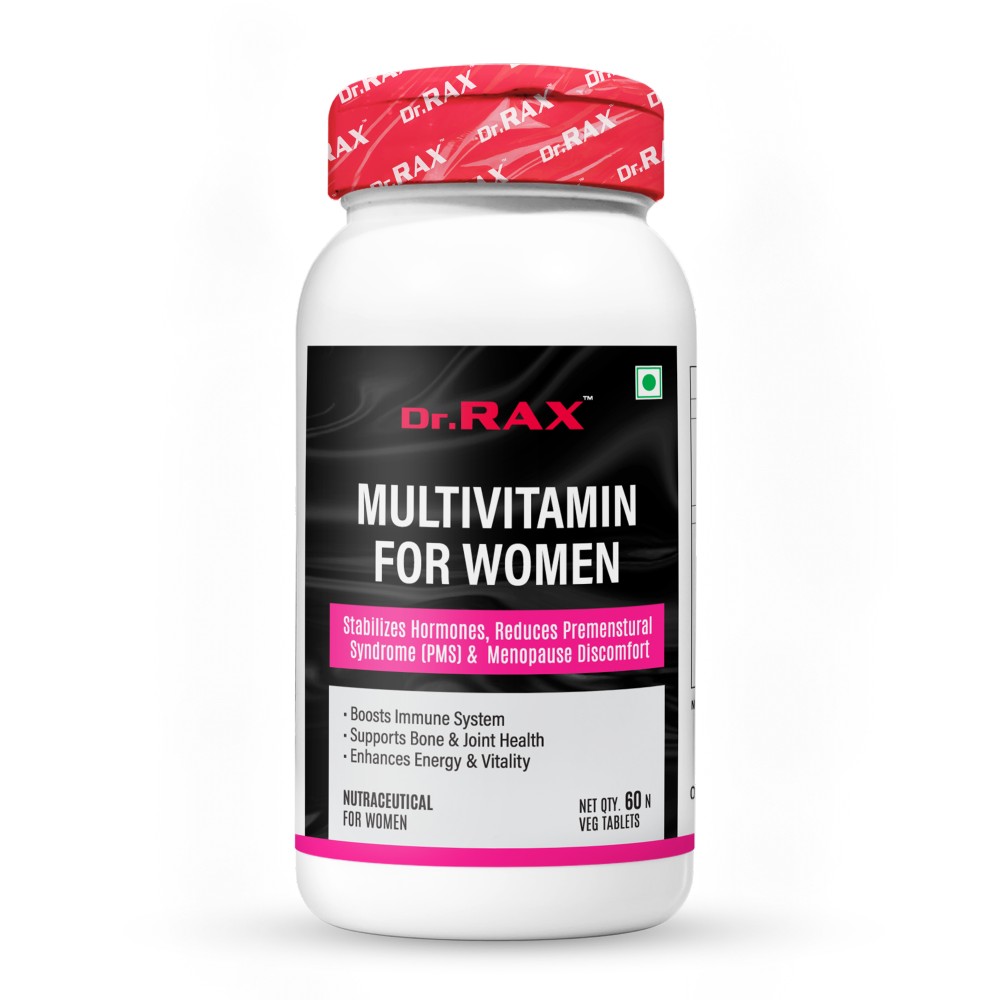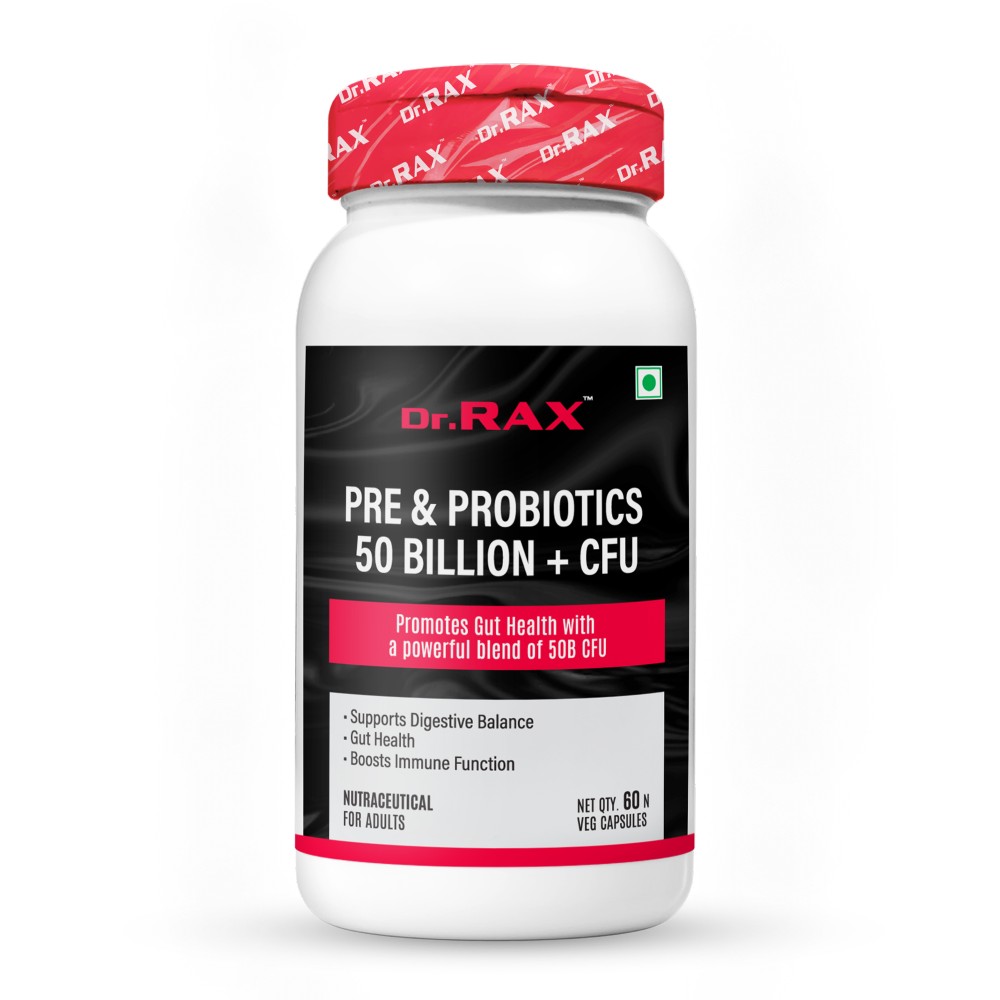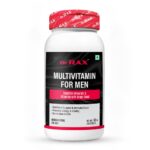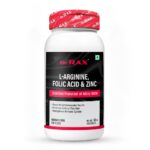
Should You Take Dietary Supplements?
When you reach for that bottle of vitamin C or fish oil pills, you might wonder how well they’ll work and if they’re safe. The first thing to ask yourself is whether you need them in the first place.
More than half of all Americans take one or more dietary supplements daily or on occasion. Supplements are available without a prescription and usually come in pill, powder or liquid form. Common supplements include vitamins, minerals and herbal products, also known as botanicals.
People take these supplements to make sure they get enough essential nutrients and to maintain or improve their health. But not everyone needs to take supplements.
“It’s possible to get all of the nutrients you need by eating a variety of healthy foods, so you don’t have to take one,” says Carol Haggans, a registered dietitian and consultant to NIH. “But supplements can be useful for filling in gaps in your diet.”
Some supplements may have side effects, especially if taken before surgery or with other medicines. Supplements can also cause problems if you have certain health conditions. And the effects of many supplements haven’t been tested in children, pregnant women and other groups. So talk with your health care provider if you’re thinking about taking dietary supplements.
“You should discuss with your doctor what supplements you’re taking so your care can be integrated and managed,” advises Dr. Craig Hopp, an expert in botanicals research at NIH.
Dietary supplements are regulated by the U.S. Food and Drug Administration (FDA) as foods, not as drugs. The label may claim certain health benefits. But unlike medicines, supplements can’t claim to cure, treat or prevent a disease.
“There’s little evidence that any supplement can reverse the course of any chronic disease,” says Hopp. “Don’t take supplements with that expectation.”
Evidence does suggest that some supplements can enhance health in different ways. The most popular nutrient supplements are multivitamins, calcium and vitamins B, C and D. Calcium supports bone health, and vitamin D helps the body absorb calcium. Vitamins C and E are antioxidants—molecules that prevent cell damage and help to maintain health.
Women need iron during pregnancy, and breastfed infants need vitamin D. Folic acid—400 micrograms daily, whether from supplements or fortified food—is important for all women of childbearing age.
Vitamin B12 keeps nerve and blood cells healthy. “Vitamin B12 mostly comes from meat, fish and dairy foods, so vegans may consider taking a supplement to be sure to get enough of it,” Haggans says.
Research suggests that fish oil can promote heart health. Of the supplements not derived from vitamins and minerals, Hopp says, “fish oil probably has the most scientific evidence to support its use.”
The health effects of some other common supplements need more study. These include glucosamine (for joint pain) and herbal supplements such as echinacea (immune health) and flaxseed oil (digestion).
Many supplements have mild effects with few risks. But use caution. Vitamin K, for example, will reduce the ability of blood thinners to work. Ginkgo can increase blood thinning. The herb St. John’s wort is sometimes used to ease depression, anxiety or nerve pain, but it can also speed the breakdown of many drugs—such as antidepressants and birth control pills—and make them less effective.
Just because a supplement is promoted as “natural” doesn’t necessarily mean it’s safe. The herbs comfrey and kava, for example, can seriously damage the liver.
“It’s important to know the chemical makeup, how it’s prepared, and how it works in the body—especially for herbs, but also for nutrients,” says Haggans. “Talk to a health care provider for advice on whether you need a supplement in the first place, the dose and possible interactions with medicine you’re already taking.”
For vitamins and minerals, check the % Daily Value (DV) for each nutrient to make sure you’re not getting too much. “It’s important to consider the DV and upper limit,” says Haggans. Too much of certain supplements can be harmful.
Scientists still have much to learn even about common vitamins. One recent study found unexpected evidence about vitamin E. Earlier research suggested that men who took vitamin E supplements might have a lower risk of developing prostate cancer. “But much to our surprise, a large NIH-funded clinical trial of more than 29,000 men found that taking supplements of vitamin E actually raised—not reduced—their risk of this disease,” says Dr. Paul M. Coates, director of NIH’s Office of Dietary Supplements. That’s why it’s important to conduct clinical studies of supplements to confirm their effects.
Because supplements are regulated as foods, not as drugs, the FDA doesn’t evaluate the quality of supplements or assess their effects on the body. If a product is found to be unsafe after it reaches the market, the FDA can restrict or ban its use.
Manufacturers are also responsible for the product’s purity, and they must accurately list ingredients and their amounts. But there’s no regulatory agency that makes sure that labels match what’s in the bottles. You risk getting less, or sometimes more, of the listed ingredients. All of the ingredients may not even be listed.
A few independent organizations conduct quality tests of supplements and offer seals of approval. This doesn’t guarantee the product works or is safe; it just assures the product was properly made and contains the listed ingredients.
“Products sold nationally in the stores and online where you usually shop should be fine,” Coates says. “According to the FDA, supplement products most likely to be contaminated with pharmaceutical ingredients are herbal remedies promoted for weight loss and for sexual or athletic performance enhancement.”










